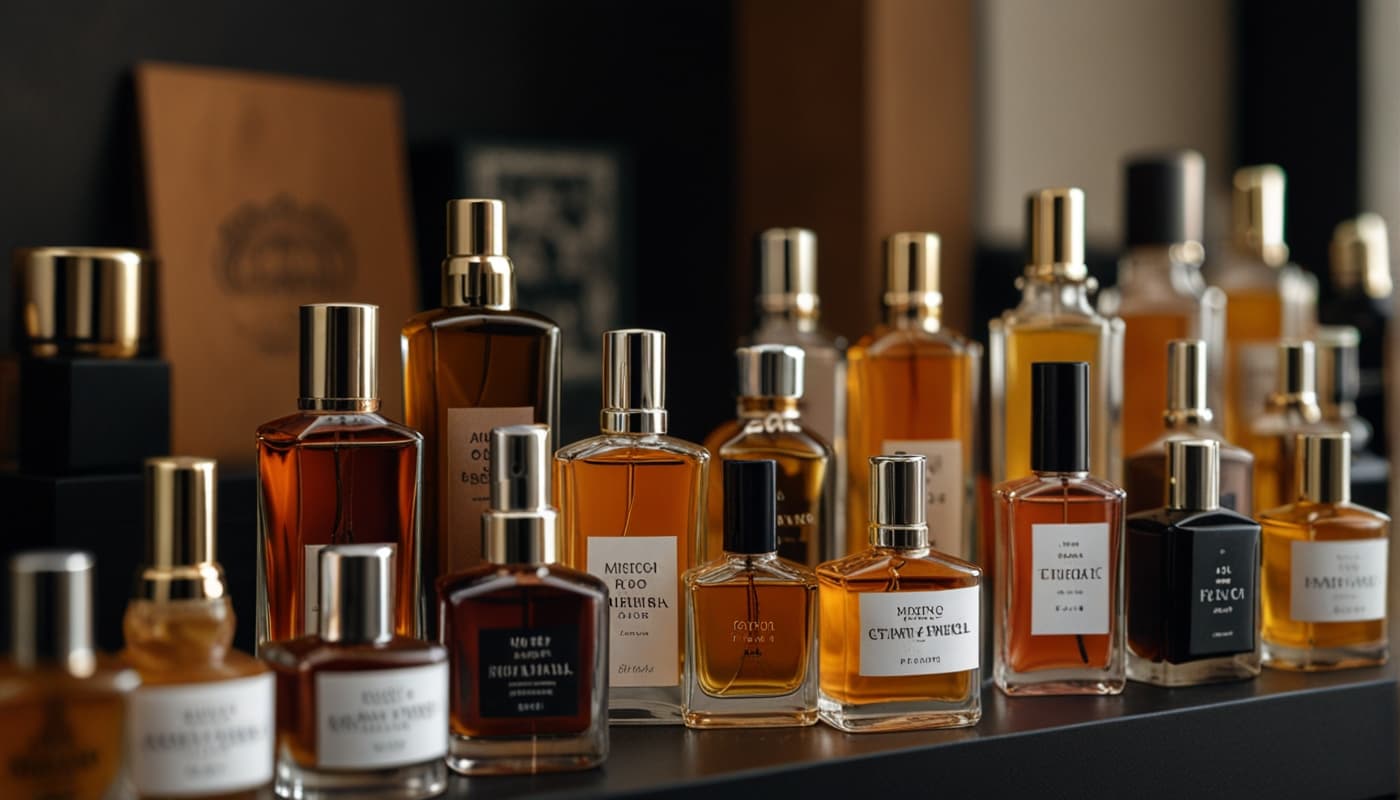article
The Rise of Artisanal and Niche Perfumes in Sri Lanka
In recent years, Sri Lanka has witnessed a burgeoning interest in artisanal and niche perfumes, a trend that reflects a broader global shift towards personalized, unique, and high-quality fragrance products. This movement away from mass-produced scents towards more bespoke and intricately crafted fragrances is reshaping the perfume industry in the country. This article delves into the factors driving this trend, the key players, and the implications for the Sri Lankan market.
Understanding Artisanal and Niche Perfumes
Artisanal and niche perfumes are generally characterized by their use of rare, high-quality ingredients and their focus on unique scent profiles, often created in smaller, more controlled batches by skilled perfumers. Unlike mainstream fragrances, which are designed for broad appeal and are often produced by large, multinational corporations, niche perfumes aim to offer a more personalized experience and are typically marketed towards a more discerning clientele.
Factors Driving the Popularity in Sri Lanka
1. Increased Exposure to Global Trends
With the advent of the internet and social media, Sri Lankans are more connected than ever to global trends and lifestyles. Exposure to international markets has cultivated a taste for luxury and boutique products, including perfumes. As consumers travel more and gain exposure to global shopping experiences, their preferences have evolved to appreciate the subtleties and uniqueness offered by niche perfumes.
2. Growing Middle and Upper Classes
Economic growth in Sri Lanka has led to an expansion of the middle and upper classes, who have disposable income to spend on luxury goods. This demographic is increasingly seeking products that reflect their individuality and status, qualities that artisanal perfumes provide.
3. Cultural Heritage and Local Ingredients
Sri Lanka is rich in a variety of natural resources and aromatic ingredients, such as cinnamon, sandalwood, and jasmine, which are coveted in the perfume industry. Local artisans and perfumers have begun to tap into this wealth of native scents to create distinctive fragrances that resonate with both local and international consumers. This utilization of local ingredients not only supports the domestic agricultural sector but also adds a layer of cultural identity to the products.
Key Players in the Sri Lankan Market
The niche perfume market in Sri Lanka is supported by a mix of pioneering local brands and enterprising individuals who are passionate about fragrance. These creators often start as small, independent workshops that grow organically through word of mouth and social media marketing. Brands like “Island Scents” and “Ceylon Aroma” have gained popularity by offering perfumes that are not only made in Sri Lanka but also embody the essence of the Sri Lankan heritage and natural landscape.
Marketing Strategies and Consumer Engagement
Marketing for artisanal and niche perfumes in Sri Lanka heavily relies on storytelling and creating an emotional connection with the consumer. Brands often share the origins of their ingredients, the inspiration behind their scents, and the artisans’ stories. This approach not only educates consumers about the value of the products but also builds a deeper, more personal connection with the brand.
Social media platforms like Instagram and Facebook have become vital tools for these brands, allowing them to reach a wide audience without the need for extensive physical distribution networks. Pop-up events, collaborations with other luxury brands, and participation in international fragrance expos are other strategies used to enhance visibility and credibility.
Challenges and Future Outlook
Despite the growing interest, the niche perfume industry in Sri Lanka faces several challenges. The limited local market size and the high cost of production can make it difficult for brands to achieve economies of scale. Additionally, competition from international brands remains strong, as they have greater marketing resources and established customer loyalty.



